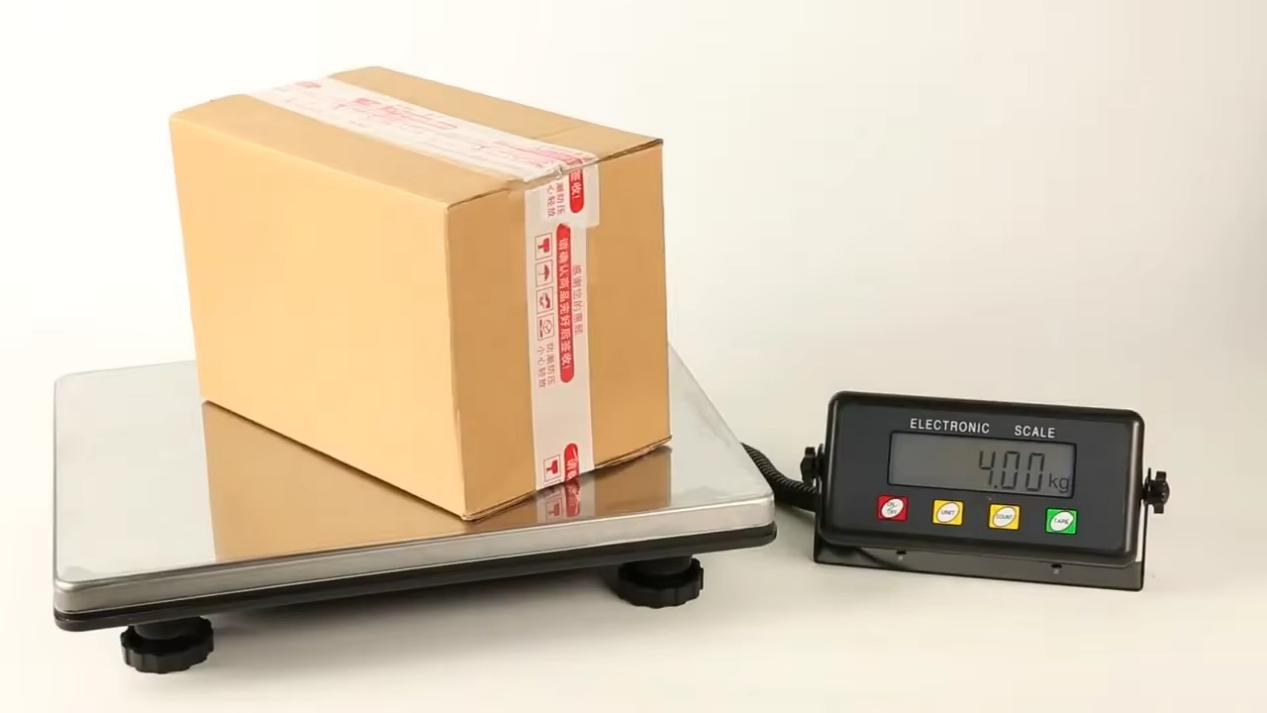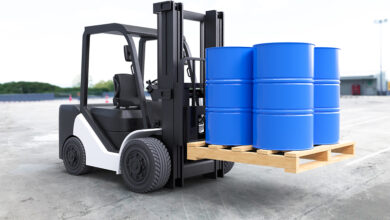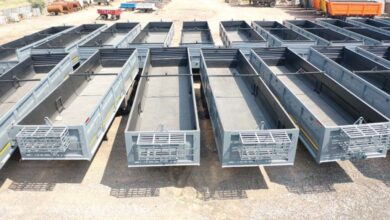
Key Considerations for Starting an Industrial Weighing Scale Rental Business
Starting an industrial weighing scale rental business can be a lucrative venture, especially as industries increasingly rely on precision and accuracy in measuring goods. With applications ranging from manufacturing and logistics to food production and pharmaceuticals, the demand for high-quality weighing equipment is substantial.
If you’re considering entering this market, there are several key factors to consider that will help ensure the success and sustainability of your business.
1. Understanding the Market Demand
The first step in starting any business is to understand your target market. For an industrial weighing scale rental business, it’s crucial to analyze industries that require large-scale or specialized weighing equipment. This could include:
- Manufacturing: Many factories and warehouses need to weigh raw materials, finished products, or transportation containers.
- Logistics and Shipping: Weighing scales are essential for ensuring the correct weight of freight and cargo.
- Food and Pharmaceutical Industries: Accurate weighing is critical for ingredient measurements, compliance with regulatory standards, and ensuring product consistency.
- Construction: Scales are essential for measuring materials like sand, gravel, and concrete.
Understanding the specific needs of these industries will allow you to tailor your product offerings, services, and marketing efforts accordingly.
2. Equipment Selection and Investment
The foundation of your business lies in the equipment you provide. Selecting the right types of industrial weighing scales for rental is crucial to meet customer needs and maintain profitability. Consider the following factors when choosing equipment:
- Types of Scales: Different industries require different types of scales, such as pallet truck scales, or truck scales. Some sectors may also need specialized scales for hazardous or extreme environments.
- Capacity and Accuracy: Your clients will rely on your scales to be both accurate and capable of handling the required weight ranges. Make sure your scales meet industry standards for precision and are capable of handling both heavy and light loads.
- Quality and Durability: Industrial environments can be harsh on equipment, so investing in high-quality, durable scales is crucial for long-term performance. Scales should be able to withstand rough handling, exposure to chemicals, and other challenges specific to industrial settings.
Initial investment in high-quality equipment may be substantial, but the return on investment can be significant as businesses often prefer to rent rather than purchase expensive machinery.
3. Maintenance and Calibration
For your rental business to be successful, maintaining the accuracy and reliability of your equipment is paramount. Provide calibration services to ensure that your scales are consistently checked and certified to maintain industry standards. Calibration is necessary to ensure that scales produce precise measurements and avoid legal and compliance issues, especially in sectors such as food and pharmaceuticals, where accuracy is mandated by regulations.
Develop a routine maintenance schedule for your equipment, including regular cleaning, testing, and repairs, to prevent downtime and ensure that clients receive well-maintained and operational scales. Establish a relationship with certified technicians who can provide maintenance and repair services.
4. Business Model and Pricing Strategy
The pricing model you choose for your industrial weighing scale rental business should reflect the market demand and the cost of maintaining your equipment. Some businesses charge by the day, week, or month, while others may offer long-term leasing options for more extensive contracts.
Additionally, consider offering various pricing structures based on the scale types and additional services, such as calibration, delivery, or installation. Offering discounts for long-term rentals or high-volume contracts can help attract and retain large clients.
You’ll also need to account for the cost of insurance for the scales, as well as transportation and delivery logistics. Having a clear and competitive pricing structure is essential to building a customer base while covering your overhead costs.
5. Customer Service and Support
Providing exceptional customer service is essential in any rental business. The industrial sectors you serve will likely require ongoing support, such as assistance with installation, troubleshooting, or urgent scale replacements. Offer 24/7 customer service options, and develop a fast-response team for any service requests.
Additionally, consider providing training to your customers on how to properly use and maintain the equipment to prolong its life and avoid unnecessary damage. Offering value-added services like user manuals, tutorials, or on-site training can build customer loyalty and improve satisfaction.
6. Compliance and Licensing
Ensure your business complies with all local regulations, particularly those regarding the calibration and certification of scales. In many industries, such as food, pharmaceuticals, and logistics, the equipment you rent must meet legal standards for accuracy and safety. Check with local authorities about the necessary licenses and permits for operating a weighing scale rental business in your area.
7. Marketing and Networking
Lastly, develop a comprehensive marketing strategy to effectively reach potential customers. Attend industry trade shows, build partnerships with equipment distributors, and network with companies that frequently use weighing scales. Consider online marketing through social media, a professional website, and search engine optimization (SEO) to ensure your business reaches a wide audience.




